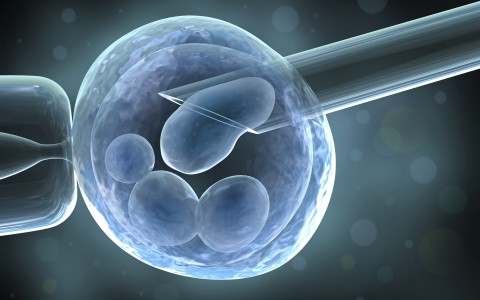Preimplantation Genetic Diagnosis
What is it?
Preimplantation genetic diagnosis, internationally known as PGD is a modern technique that can apply in combination with in vitro fertilisation to diagnose genetic disorders in growing embryos. The first successful clinical application in human was at the early ’90 by the team of Professor Handyside in London with the sex determination in embryos for the avoidance of X-linked diseases.
Process
In particular this process includes the genetic profiling of embryos prior to implantation in the uterus in an in vitro fertilisation cycle. In this way it is safeguarded that only the embryos that will be indicated by this examination to be normal will be suggested for embryo transfer. In case of pregnancy it is safeguarded that the child will not suffer from hereditary diseases.
The preimplantation process takes place in an in vitro fertilisation laboratory on the day 3 of embryo’s fertilisation when it will have 6-8 cells. At this stage 1 or 2 cells are removed and the team of geneticists detects the respective disease of which parents are carriers. In this way, only healthy embryos are transferred to woman. There are nowadays at least 150 diseases that can be detected prior the implantation. In Greece, where 6-8% of the population are carriers of thalassaemia, we have managed to limit the disease thanks to preimplantation diagnosis.






